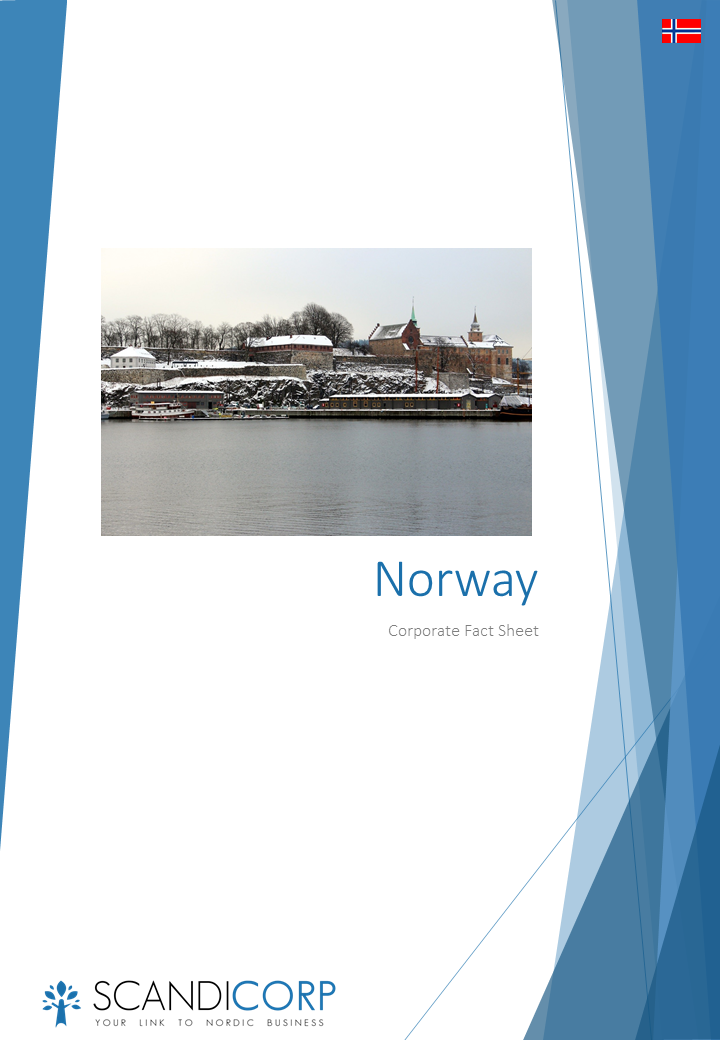Start or Expand Your Business in Sweden with Scandicorp
Sweden offers a strong economy, a modern tech scene, and a welcoming business climate. If you seek stability, innovation, and access to European markets, Sweden is a strong choice.
Scandicorp helps international entrepreneurs set up and run businesses in Sweden. Our team provides legal, financial, and operational guidance to simplify the process end-to-end.
Why Sweden?
- Stable and strong economy — Sweden supports innovation and technology and offers a skilled workforce.
Learn more about Sweden’s competitive edge. - Innovation and green tech hub — Sweden leads in sustainability, green energy, healthcare, and digital innovation.
- Ease of doing business — clear rules, digital tools, and predictable administration.
- Strategic location — access to the Nordics, EU, and global markets via strong infrastructure.
- High quality of life — strong work-life balance attracts global talent.
Step-by-Step: Starting Your Business in Sweden
1. Choose Your Business Structure
- Private Limited Company (AB) — limited liability, common for SMEs.
- Public Limited Company (AB Publ) — for companies aiming to go public.
- Sole Proprietorship — simpler setup, but personal liability.
- Branch Office — extension of a foreign company.
Tip: Scandicorp can help you choose the right structure for your risk profile, funding plans, and timeline.
2. Register Your Business
You typically register with:
- Bolagsverket — Swedish Companies Registration Office
- Skatteverket — Swedish Tax Agency
Common requirements include:
- Choose a company name
- Provide director/shareholder information
- Deposit share capital (e.g., SEK 25,000 for AB)
3. Apply for Permits and Licenses
Industries like finance, food, and healthcare may require licenses. Scandicorp can help you identify requirements.
4. Set Up Your Finances
Open a Swedish business bank account, set up accounting, register for VAT where applicable, and plan corporate tax and reporting.
5. Understand Employment Laws
If hiring staff, comply with Swedish employment rules including contracts, employee rights, and workplace safety.
Residence Permit for Non-EU Citizens
Non-EU/EEA citizens typically need a residence permit to run a business in Sweden. Processing times vary by case and workload, so plan for flexibility.
Registering Your Business: What to Expect
- Reserve your business name
- Submit company documentation
- Deposit share capital (for AB/AB Publ)
- Register with Bolagsverket and Skatteverket
Once approved, you’ll receive your company ID number and can start trading.
Taxes and Compliance
Corporate income tax is 20.6%. Businesses must also handle VAT, bookkeeping, and recurring reporting.
- Dividend withholding tax can apply to non-residents (treaties may reduce it).
- Interest payments generally have no Swedish withholding tax.
- Capital gains/dividend rules depend on share classification and structure.
Special Requirements for Foreign Entrepreneurs
- At least half of board members must reside in the EEA (exemptions may be possible).
- You can be a sole shareholder, but operational/immigration requirements may apply depending on your situation.
- Bank onboarding can be demanding — Scandicorp can help prepare documentation.
How Long Does It Take?
- Registration: often a few weeks once documents are complete.
- Licenses: varies by sector.
- Operations: usually possible after registration and necessary approvals.
Government Support for Startups
- Grants & loans: Vinnova, Almi, Tillväxtverket
- Scandicorp can help connect you to incubators and networks
Getting in Touch
To learn more or get started, email info@scandicorp.com or call +46 8 600 31 57.
Our team is ready to help you build your business in Sweden.
Frequently Asked Questions
What are the steps to register a company in Sweden?
- Choose a business structure
- Prepare necessary documents
- Register with Bolagsverket
- Register for taxes at Skatteverket
- Open a bank account and deposit share capital
What business structures are available?
- Private Limited Company (AB)
- Public Limited Company (AB Publ)
- Sole Proprietorship
- Partnerships (HB, KB)
- Branch Office (Filial)
Do I need a Swedish resident director?
At least half of the board must reside in the EEA. Scandicorp can help if you need an EEA-resident board setup.
What’s the most affordable business structure?
Sole proprietorships can be cheaper to start but do not provide liability protection. AB requires share capital.
Can I open a business bank account without residency?
It may be possible, but banks often require strong documentation and may require in-person verification. Some founders use fintech alternatives depending on needs.
For more info, visit our Corporate Fact Sheet.






